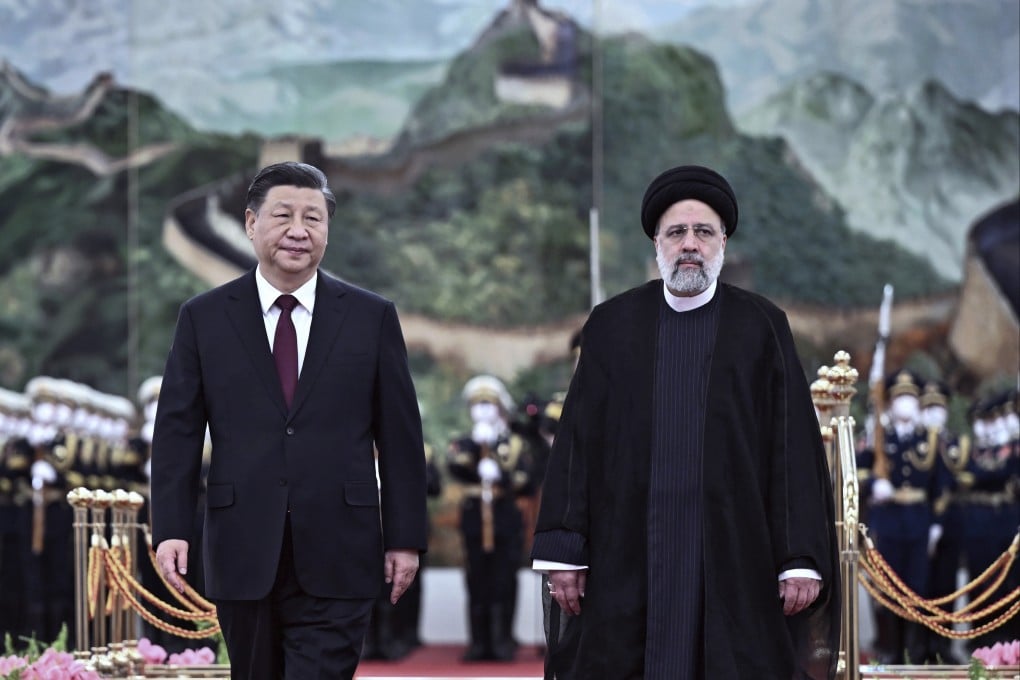Chinese President Xi Jinping ‘personally intervened’ to secure Saudi-Iran deal, senior diplomat says
- An interview in the Communist Party’s mouthpiece credited Xi with taking the initiative when meeting the leaders of the two Gulf rivals
- People’s Daily article also says China is willing to play a greater role as a mediator in other conflicts in the region

President Xi Jinping personally took the initiative to help persuade the leaders of Saudi Arabia and Iran to restore diplomatic ties, according to a senior Chinese diplomat.
In an interview with the party mouthpiece People’s Daily published on Saturday, Wang Di, director of the foreign ministry’s Department of West Asian and North African Affairs, also signalled that China was willing to play a great role as a mediator in the region.
Without naming the United States, Wang also accused “some large countries outside the region” of “causing long-term instability in the Middle East” because of their own “self-interest”.
In the interview Wang signalled that China was also willing to act as a mediator in other conflicts in the region
“In December last year, President Xi Jinping went to Saudi Arabia for a state visit. In February, Xi Jinping received Iranian President Ebrahim Raisi during his visit to China,” Wang said.
“During this period, Xi personally persuaded the leaders of the two countries and supported Saudi and Iran to develop a friendly relationship as neighbours .”